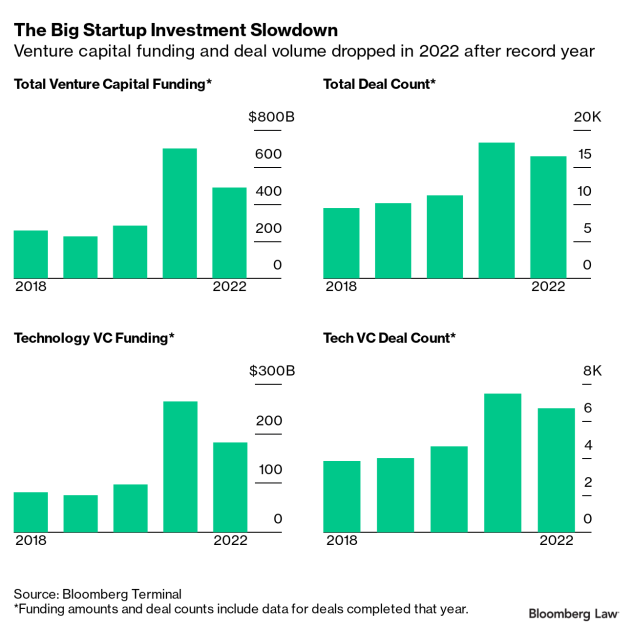Reynen Court Inc., a legal technology platform backed by Big Law firms, is shedding costs after the company said it underestimated the challenge of getting customers to buy and use the product.
The Amsterdam-based company is eliminating physical offices, cutting travel and using fewer tools after slashing headcount “pretty dramatically” from its peak of 34, CEO Andrew Klein said in an interview. He declined to be specific on job reductions.
The company that offers products through its 160-vendor platform is also weighing whether to raise rates on its “most engaged” customers—all part of an effort to have more money move in than out, he said.
“We need to be cash-flow positive in the next period, or close to it; costs cannot outweigh revenues,” Klein said. “Are we 100 percent sure that we can get to cash-flow positive? We aren’t—but we remain optimistic.”
Reynen Court’s fight for survival underscores the challenge of persuading Big Law firms to adopt new technology, particularly when uncertainty about a recession has legal operations trimming jobs and pay.
Law firms backing the venture, which has raised $19 million since its 2018 launch, include Latham & Watkins; Clifford Chance; Orrick; Paul, Weiss, Rifkind, Wharton & Garrison; and the Japanese firm Nishimura & Asahi. Latham and Clifford Chance each invested $2.1 million in 2018, Klein said.
Klein himself has invested at least $2.8 million through Prins H LLC, a vehicle he controls.
Reynen Court has 30 law firm customers although had predicted about 200 by now, Klein said. It’s “fair to say we tried to do too many things too early,” he said.
Additional fundraising, either from venture capital operations or from law firms, is on hold for now. Avenues for fundraising have decreased, in part because of the significant drop in venture capital funding for tech startups through late 2022.
“Our major focus is on execution, not on fundraising,” Klein said. “Will we be successful? We won’t know for nine to twelve months.”
Tough Times
Times have been tough in legal tech because of a lack of investor funding and law firms being reluctant to make long-term commitments, said Dan Jansen, CEO and managing director of Nextlaw Ventures, a legal tech venture capital operation formed by Dentons.
But Jansen said he’s optimistic about Reynen Court’s business model. Vetting legal tech vendors is a “real value” for firms trying to determine which products address a need and will be used by lawyers, he said.
The legal market has benefited from Reynen Court’s services, which have included assisting firms migrating to the cloud, said Toby Brown, CEO of the consultancy DV8 Legal Strategies.
But he said law firms at times have also had difficulty understanding how they might benefit from services. “I was never sure I understood the value proposition of what Reynen Court was offering,” said Brown, former chief practice management officer for Perkins Coie.
When Reynen Court was announced in 2018, a dozen prestigious law firms in America and Britain and other backers of the self-described app store for legal technology said they had high hopes for the project.
Klein, a former Cravath, Swaine & Moore associate, said there are still exciting things happening with the platform. The 160 vendors are up from 140 in 2021.
Reynen Court will benefit from a new partnership with a company to help clients manage their cloud platforms, he said. Another partnership will provide 24-hour service and customer support, Klein said.
The identities of the partner companies will be announced in the coming weeks, he said.
The company “certainly isn’t dead and buried,” Klein said of Reynen Court. He acknowledged that he has more work to do to become cash-flow positive.
“I don’t think anyone has an appetite to pour money into a company that’s been losing money, quarter over quarter, the way we have,” Klein said. “And that includes me.”
